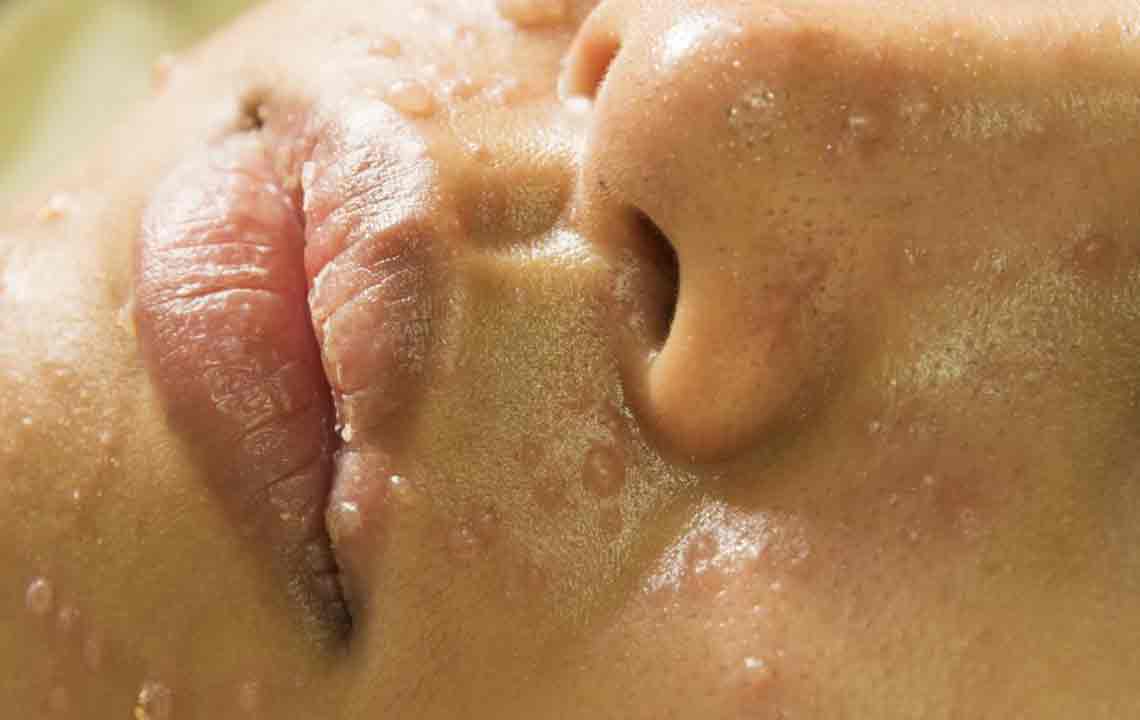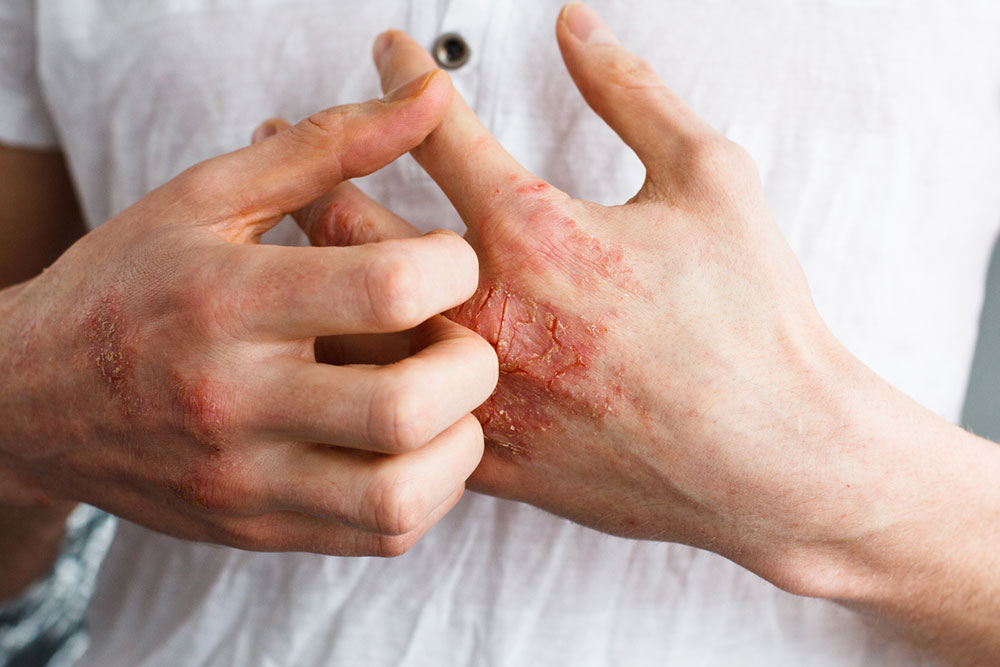Effective Strategies for Managing Eczema Naturally
Learn effective natural strategies to manage eczema with tips on identifying triggers, suitable treatments for all ages, and dietary support for healthier skin. Discover how lifestyle changes and natural remedies can alleviate symptoms and improve skin condition.

Eczema is a common skin condition that affects people of all ages, presenting as periodic flare-ups with symptoms such as redness, itching, and rough patches. Typical areas include hands, legs, feet, neck, and elbows. Identifying and avoiding triggers like allergens, irritants, and environmental factors is essential. While there’s no permanent cure, options like moisturizers, topical treatments, and natural remedies help manage symptoms. Eczema isn’t contagious but can cause open skin, increasing infection risk. Early recognition of symptoms and triggers is key to effective control and healthier skin.
Types of eczema include atopic dermatitis, dyshidrotic eczema, nummular eczema, contact dermatitis, seborrheic dermatitis, and stasis dermatitis. Symptoms are unique but often involve intense itching, dry or rough skin, swelling, or oozing. Triggers include pollen, pet dander, certain foods, soaps, chemicals, weather changes, stress, and hormonal shifts. Managing these factors is crucial for symptom relief.
Treatment varies based on age and severity, focusing on hydration, topical steroids, and lifestyle modifications. Children may benefit from gentle cleansers, bleach baths, and immune-modulating medications. Adults might require stronger drugs such as antihistamines or steroid injections. Natural options like aloe vera, diluted apple cider vinegar, and colloidal oatmeal reduce inflammation and aid healing. An antioxidant-rich diet, including vitamin D, omega-3 fatty acids, fruits, vegetables, and probiotics, supports skin health. Consistent skincare and trigger management are vital for controlling eczema effectively.


